Neuroscience
-
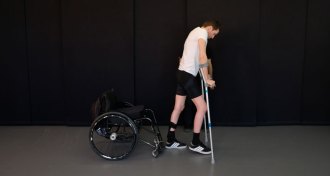 Neuroscience
NeuroscienceZapping the spinal cord helped paralyzed people learn to move again
A handful of people paralyzed from spinal cord injuries have learned to walk again.
-
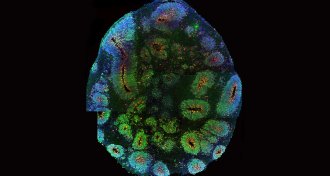 Neuroscience
NeuroscienceBig data reveals hints of how, when and where mental disorders start
The first wave of data from the PsychENCODE project holds new clues to how and when psychiatric diseases such as schizophrenia emerge.
-
 Neuroscience
NeuroscienceHere’s a rare way that an Alzheimer’s protein can spread
Amyloid-beta found in vials of growth hormone can move from brain to brain, a mouse study shows.
-
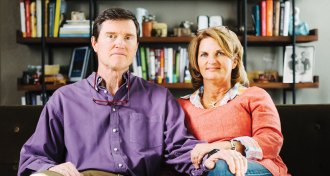 Health & Medicine
Health & MedicineA gut-brain link for Parkinson’s gets a closer look
Early evidence suggests that Parkinson’s may be a gut disease that affects the brain.
By Laura Beil -
 Neuroscience
NeuroscienceThe uterus may play a role in memory
In lab tests, rats that underwent hysterectomies had worse spatial memories.
-
 Science & Society
Science & SocietySeeking a panacea in the gut’s microbiome
Editor in Chief Nancy Shute discusses the potential role of the gut microbiome in Parkinson's disease and one reporter's connection to the story.
By Nancy Shute -
 Neuroscience
NeuroscienceZaps to a certain spot in the brain may ease depression
When implanted electrodes stimulated a brain region just behind the eyes, people’s spirits were raised immediately.
-
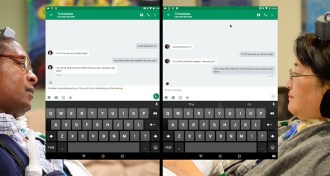 Neuroscience
NeuroscienceBrain implants let paralyzed people use tablets to send texts and stream music
People with paralysis could control commercially available tablets with their brain activity, researchers show.
-
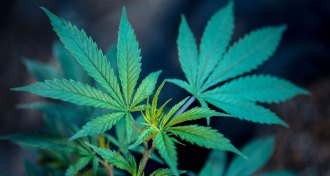 Neuroscience
NeuroscienceMarijuana may change the decision-making part of teen brains
A marijuana-like drug given to male rats during adolescence changed the structure of their brains.
-
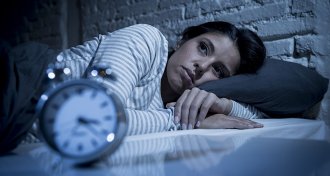 Neuroscience
NeuroscienceA lack of sleep can induce anxiety
Pulling an all-nighter induced anxiety in healthy people, a recent study finds.
-
 Neuroscience
NeuroscienceLoneliness is bad for brains
Social isolation shrinks nerve cells in the brains of mice, a new study shows.
-
 Science & Society
Science & SocietyScreen time to heal, and perhaps to harm
Editor in Chief Nancy Shute reflects on the advances in virtual reality technology and how much time we spend on our computers and smartphones.
By Nancy Shute